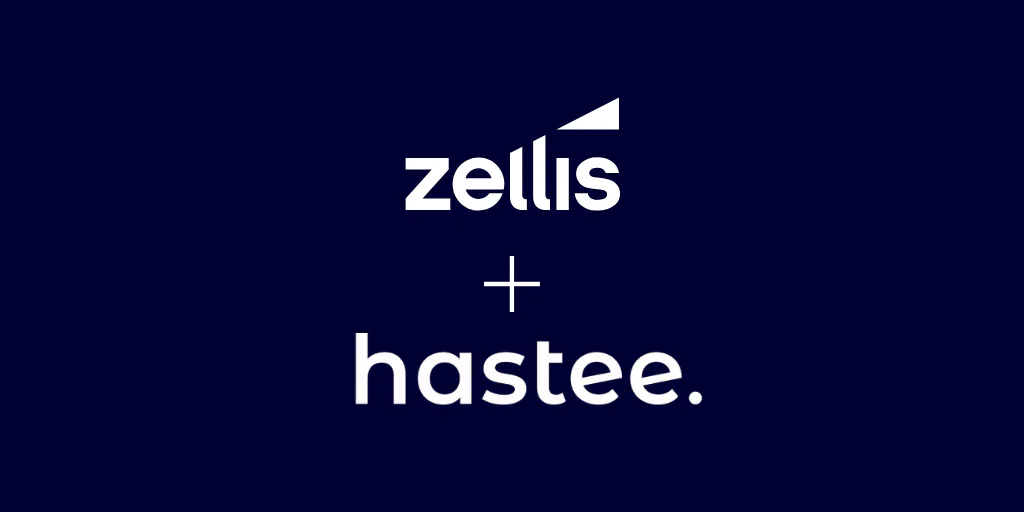
If you’re struggling to meet your mortgage repayments there’s a range of government schemes that offer help. These include the Mortgage Rescue scheme, Support for Mortgage Interest, and other government benefits that might boost your income.
- Contact your lender first
- Get free advice
- Mortgage Rescue scheme
- Support for Mortgage Interest
- Help with mortgage payments under Universal Credit
- Benefits that might increase your income
- Budgeting and cost cutting tips
Contact your lender first
To find out how much you can afford to borrow use our Mortgage affordability calculator.
If you are having trouble paying for your mortgage, your first step should always be to contact your lender.
They want to help you to meet repayments.
Your lender is able to discuss your options with you and can offer suggestions, including:
- temporary payment arrangements
- lengthening the term of your mortgage, or
- switching temporarily to interest-only repayments.
Get free advice
If you’re anxious about being unable to meet repayments, there are plenty of advice services which provide guidance for free.
These include Shelter, National Debtline and StepChange Debt Charity.
Mortgage Rescue scheme
Need someone to talk to about your finances?
If you’re struggling with money, you can talk to someone today, online, by phone or face to face. We have specially trained advisers who can help you start sorting out your financial problems.
Find free, confidential advice now using our free debt advice locator tool.
England
This scheme is no longer available.
Wales
Some local authorities and housing associations in Wales operate mortgage rescue schemes (MRS) to help homeowners avoid mortgage repossession if it is likely that otherwise the homeowner will be homeless.
Scotland
The Scottish Government provides some support to homeowners struggling to pay their mortgage through its Home Owners’ Support Fund.
The fund operates two schemes which homeowners could apply for:
- the Mortgage to Rent scheme where a social landlord buys your home and rents it back to you
- the Mortgage to Shared Equity scheme where the Scottish Government buys up to a 30% stake in your home, which reduces how much you owe on your mortgage. You continue to live in your home but make lower mortgage repayments as a result.
Support for Mortgage Interest
If you’re claiming a benefit such as income-related Employment and Support Allowance, Income Support or Universal Credit you might be able to claim help with your mortgage interest payments. This is called Support for Mortgage Interest (SMI) and is offered as a repayable loan.
Help with mortgage payments under Universal Credit
If you’re getting Universal Credit and you’re struggling to pay your mortgage, you might be able to get help with your interest payments.
You will only qualify for this if you have no ‘earned income’, such as pay from part-time or full-time work, and you don’t get any benefits from your employer such as Statutory Sick Pay or Statutory Maternity Pay.
If you do qualify for help, the payments will usually be made direct to your mortgage lender and will be based on a set rate of interest applied to the amount you have outstanding on your mortgage (up to a maximum of £200,000).
You start to get this after a 3-month waiting period and the payments will stop as soon as you start work again, even if you’re only earning a small amount.
Benefits that might increase your income
It’s worth checking if you’re entitled to benefits to help boost your income to meet mortgage payments.
Budgeting and cost cutting tips
Check your income and outgoings with our Budget planner to help you.
Follow the links below to work out your monthly income and outgoings and to see if there are any cost cutting tips you could use to help free up cash at the end of each month. Every little will help.
- Read our guide to learn how to Save money on utilities and phone bills.
- Smarter shopping – tips and tricks to save money when shopping.
This article is provided by the Money Advice Service.









